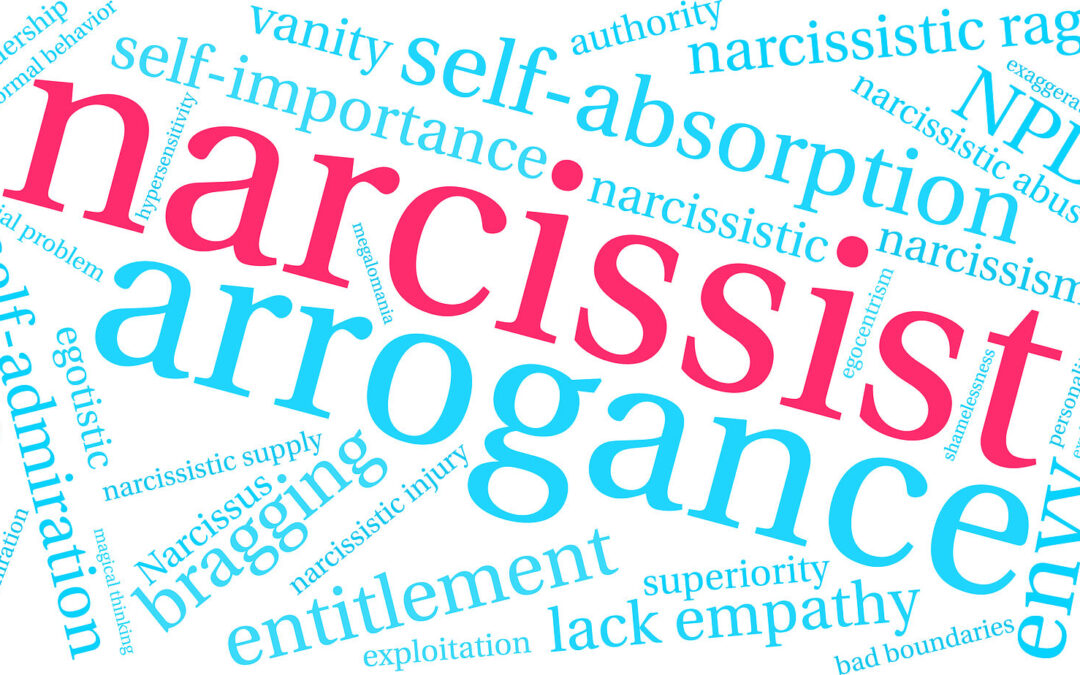Looking in the mirror, we often notice that we’ve inherited Mom’s eyes or Dad’s hair color.
 We can usually pinpoint which physical traits came from which side of the family. Typically, we resemble our parents or other family members, which can be fascinating. We recognize similar physical traits by observing different relatives—cousins, aunts, uncles, or grandparents. Looking through old family photos can be fun, as can seeing these resemblances. These physical traits are the obvious and easy things we inherit from our parents. If we don’t like them, we can sometimes change them—dyeing our hair or opting for plastic surgery if we feel strongly enough. Some things, like height or body structure, are fixed, and we must accept them.
We can usually pinpoint which physical traits came from which side of the family. Typically, we resemble our parents or other family members, which can be fascinating. We recognize similar physical traits by observing different relatives—cousins, aunts, uncles, or grandparents. Looking through old family photos can be fun, as can seeing these resemblances. These physical traits are the obvious and easy things we inherit from our parents. If we don’t like them, we can sometimes change them—dyeing our hair or opting for plastic surgery if we feel strongly enough. Some things, like height or body structure, are fixed, and we must accept them.
But what about the traits we inherit from our parents that we can’t see? How we handle stress, our preferences for food or music, or even our taste in clothing—at least until our teenage years—are all influenced by our upbringing. There are more profound things, too, like how we think about ourselves and approach relationships. These are the more subtle things we inherit, often without realizing it. This is the focus of today’s discussion: the traits we receive from our parents that we didn’t necessarily ask for or even know we had. We won’t be diving into the classic debate of nature versus nurture—what’s genetic versus what’s learned. Instead, we’ll focus on the characteristics we might not be aware we’ve inherited from our parents.
We will be discussing some of the traits seen in narcissistic parents and how these parenting techniques affect the child.
It is easy to think that narcissistic parents boast about their kids all the time and make them do all the extracurriculars. It’s more complex. Narcissistic parents struggle to allow their children to develop their own identity or have their individual needs met. They often appear to live through their children and may have difficulty differentiating themselves from their children.
They See Their Child as a Source of Validation.
Narcissistic parents often brag about their child’s achievements, whether scoring a winning goal or landing a starring role in the school play.
They frequently showcase their child’s talents or beauty in conversations or social media. However, they tend to be emotionally detached or disinterested unless the topic concerns their child’s success. They shame their child’s need for attention or connection and instead use the child as a tool for their validation.
They Are Emotionally Reactive but Shame Their Child’s Emotions.
Narcissistic parents often react with anger and aggression when disappointed or frustrated. They may lash out at their child if they perceive them as critical or defiant. These reactions may take the form of screaming, sudden fits of rage, or even, in extreme cases, physical violence.
Meanwhile, they display discomfort or disdain for others’ emotions, shaming their child into silence with phrases like, “Get over it, it’s not that big of a deal,” or, “Stop crying and toughen up.”
They Always Put Their Own Needs First.
While it’s normal for adults to prioritize certain responsibilities, narcissistic parents consistently put their desires above their children’s needs. For instance, if they enjoy sailing, their children must sail every weekend. Or, they won’t miss a tennis game, even if it means skipping an important event like a graduation or something meaningful to the child.
They Have Poor Boundaries.
Narcissistic parents can be extremely intrusive. They may ignore their child when disinterested but feel entitled to their attention when they need validation. They may ask inappropriate or critical questions, especially regarding appearance or other sensitive topics, making the child self-conscious. It can be difficult to set boundaries with a narcissist.
They Shift Blame Onto Their Children.
 Narcissistic parents refuse to accept responsibility for their mistakes, often blaming their children instead. They can be harsh in their criticism, making comments that cut deep.
Narcissistic parents refuse to accept responsibility for their mistakes, often blaming their children instead. They can be harsh in their criticism, making comments that cut deep.
Common phrases might include, “It’s your fault I’m so tired,” or, “I could have had a great career if I didn’t have to deal with you.” Over time, the child internalizes these accusations, believing, “When I have needs, I make everything worse for others.”
They Expect the Child to Be the Caregiver.
From an early age, narcissistic parents send the message that their children must take care of them. This expectation often continues into adulthood, with the parent becoming manipulative. A common refrain might be, “I fed and clothed you, so you owe me.” Narcissistic parents frequently expect their children to provide care and support later in life.
Growing up with parents like this can often leave their children confused and insecure about themselves. It can create problems in maintaining relationships, developing relationships, or creating a sense of independence. It may lead to increased anxiety and depression as often nothing the child does is good enough for the parents. Healing from growing up with narcissistic parents can be done.
EMDR can help with reprocessing memories and healing the trauma from the past.
It is so helpful in allowing the past to no longer always be front and center in the present. It can also help increase positive experiences and use them to help manage anxiety in the present; for more information on how EMDR can be helpful, see my EMDR page or previous blogs about its benefits.
Equine therapy can help us develop relationships and understand ourselves better.
Horses are intuitive animals and often reflect to us what is going on with us even when we are unaware. Developing a relationship without words and learning to work with the horses helps us understand ourselves and how we interact. See my equine therapy page to learn more about equine therapy and its benefits.
Acceptance Commitment Therapy can also be helpful in healing from trauma.
Learning to recognize how we think and have control over what we believe. Learning to change our thoughts and how this affects how we feel and what we do. Change is possible, and learning about our thoughts and what we say to ourselves is crucial to healing from trauma. Please see my page or previous blogs to learn more about how ACT or cognitive behavioral therapy can help you.
Start Working With A Narcissism Therapist in Richmond, VA
 If you want to change how you feel, learn how to manage emotions, and put your past behind you, please get in touch with me to schedule a free consultation. I’m happy to offer support with identifying and overcoming the effects of narcissism. You can start your therapy journey with Gray Horse Counseling by following these simple steps:
If you want to change how you feel, learn how to manage emotions, and put your past behind you, please get in touch with me to schedule a free consultation. I’m happy to offer support with identifying and overcoming the effects of narcissism. You can start your therapy journey with Gray Horse Counseling by following these simple steps:
- Contact me and schedule a free consultation.
- Check out my FAQs and read more about me
- Start healing from past narcissism!
Other Services Offered with Gray Horse Counseling
Narcissism therapy isn’t the only service offered by Gray Horse Counseling. I’m happy to offer therapy for men and a variety of other services to support the mental health of folks in Powhatan, VA, and across the state via online therapy. Other services at Gray Horse Counseling include individual therapy, self-esteem therapy, depression therapy, anxiety therapy, group therapy, equine sports, clinical supervision, trauma therapy, and equine therapy. Check out my FAQs, read about me, and contact me today to get the help you deserve!

